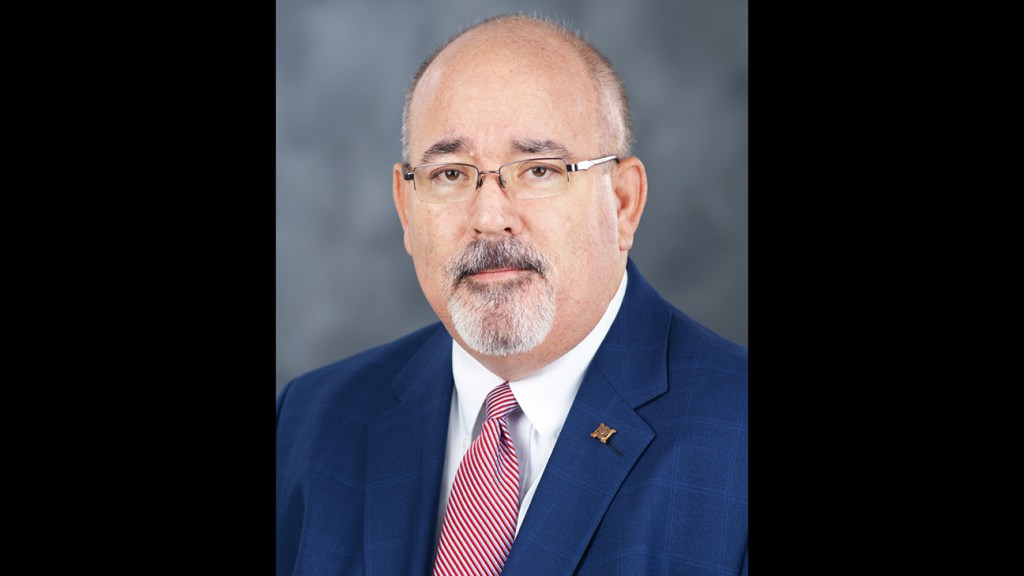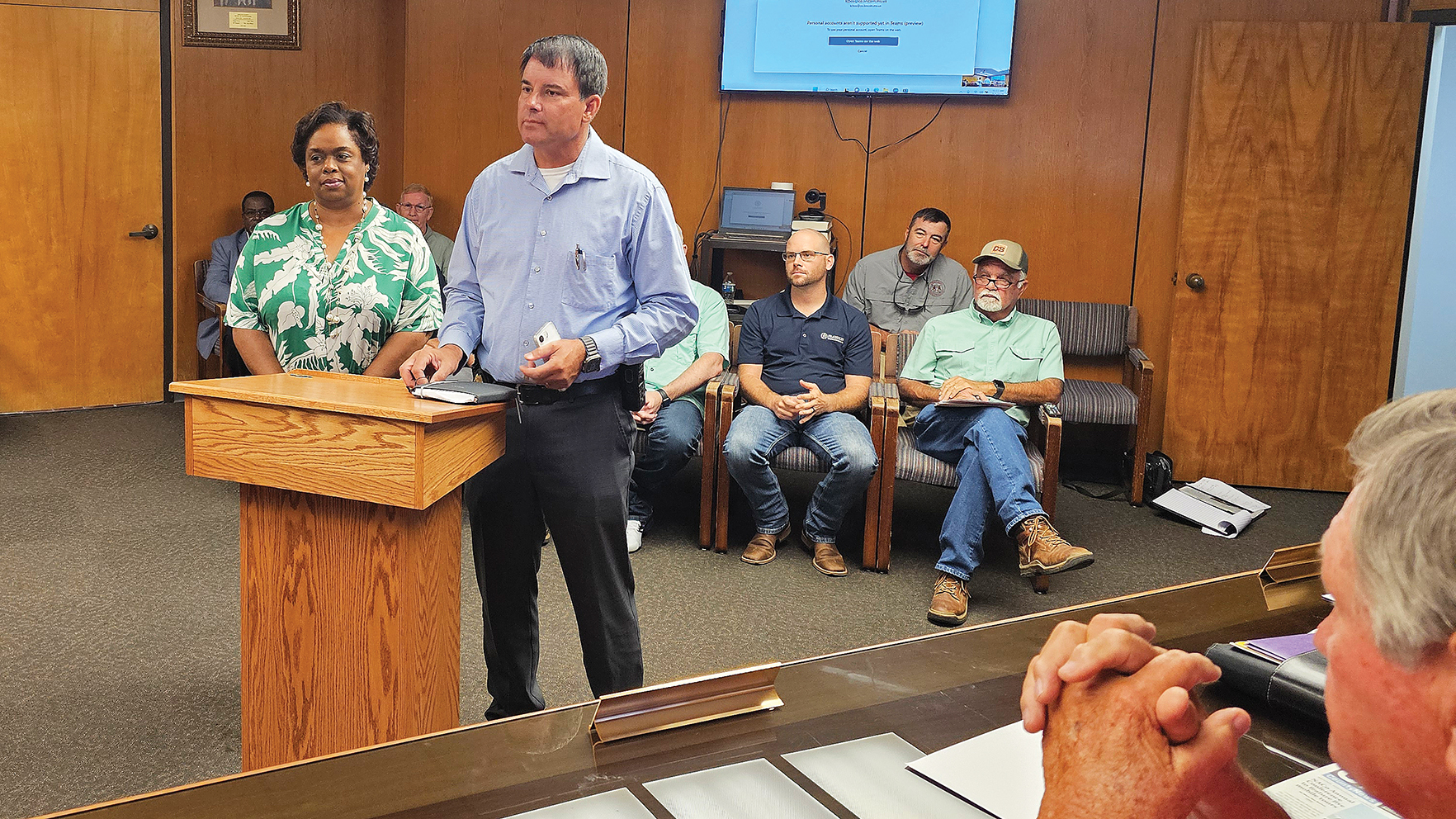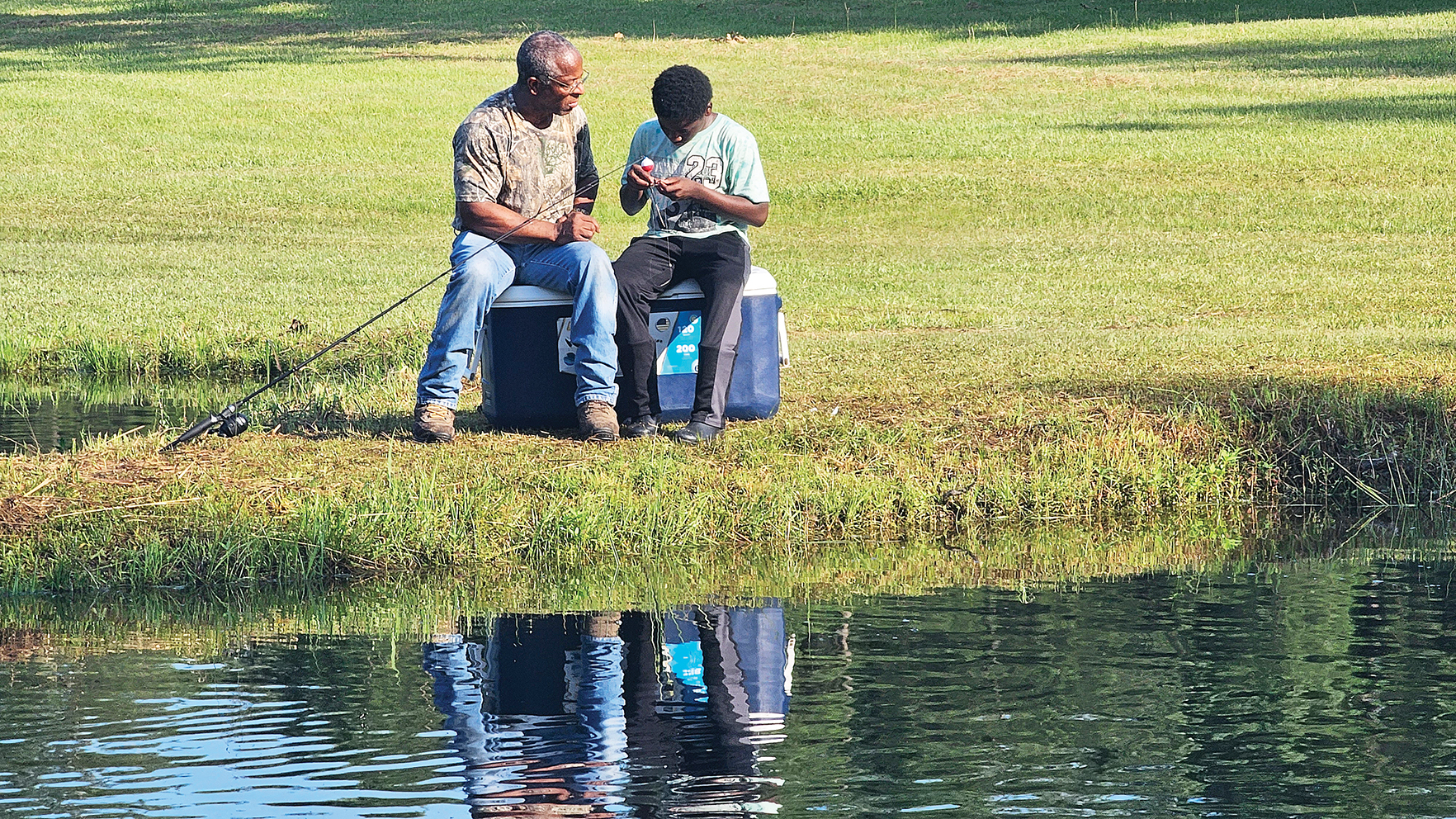Mississippi’s initiative process remains dormant
Published 6:00 pm Tuesday, February 1, 2022

- Sid Salter is a syndicated columnist. Contact him at sidsalter@sidsalter.com.
Mississippi lawmakers rather quickly and decisively agreed on a medical marijuana program that didn’t earn universal agreement, but it did take the Legislature out of the unenviable position of not being responsive to the wishes of some 74 percent of state voters participating in the 2020 statewide elections.
After having passed both the House and Senate by wide margins, the bill now heads to the desk of Gov. Tate Reeves, who can sign it into law, let it become law without his signature or veto it — but the legislative margins on the measure suggest that a veto would likely fail.
My bet is against a veto. Reeves impacted the final bill and got most of the concessions he wanted. So, if the medical marijuana question is settled for the time being, the legal developments that led to this flurry of legislative activity in the 2022 regular session are decidedly not settled.
Trending
In the 2020 election, Mississippi voters approved a voter initiative authorizing a medical marijuana program outlined in Initiative 65 over expressed objections from majority legislative leaders. Mississippi voters approved Initiative 65 with 73.7 percent of the vote, with only 26.3 percent for Legislative Optional Initiative 65A.
But the results of that referendum were annulled by the Mississippi Supreme Court. The state’s High Court ruled that the state’s 1992 ballot initiative process was flawed because the Legislature had spent several years without addressing the impact of the loss of Mississippi’s congressional reparations of a congressional district in 2001 on the constitutional provision governing that process.
In the bottom line, the court ruled that the state’s initiative process was broken and that because Initiative 65 was put in motion through that flawed process and procedures, the medical marijuana initiative could not stand despite voter support.
That judicial decision left state lawmakers facing two challenges — first addressing the thorny issue of medical marijuana in a way that respects voters and then finding a way to reinstate and improve the ballot initiative process. The compromise medical marijuana bill adopted by the Legislature got them halfway home.
Now looms the more significant and more difficult task of giving Mississippi voters back their ballot initiative process. That will be easier said than done, for the entire ballot initiative process is counterintuitive to lawmakers who believe strongly in the primacy of the Mississippi Legislature as an institution.
Few, if any legislators will publicly say so, but most lawmakers do not want to share the power to make state laws with the voters.
Trending
Mississippians have fought for the better part of a century over the power of direct democracy for state voters. As noted in previous columns on the subject, the modern initiative process in Mississippi was made difficult by the Legislature for citizens who wanted to bypass lawmakers and get directly into the business of writing or changing laws for themselves.
Since 1993, there have been 66 instances where various Mississippi citizens or groups have attempted to use the state initiative process. Some 52 of those attempts ended for lack of certified signatures or other procedural deficiencies.
But legislators went to school on Initiative 42, which called for “adequate and efficient” public school funding to be inserted into the state’s constitution and empowered state chancery courts to enforce such funding. It failed but by a tight margin.
Initiative 42 made it to the polls and became the defining issue in the 2015 statewide elections. From start to finish, the pro-42 effort was a well-oiled, well-financed political effort and lawmakers saw the future of organized initiatives with sufficient resources to campaign.
On Initiative 65, the political lessons of Initiative 42 were evident in the relatively easy passage of the medical marijuana plan. The likely outcome of that reality is that any “fix” to the initiative process will not center on constitutional changes but on statutory measures.
Will Mississippi voters quietly accept losing their ability to propose ballot initiatives? Not likely. Lawmakers facing those same voters would be well-served to fix the process sooner than later. It’s a tailor-made issue for challengers.
Sid Salter is a syndicated columnist. Contact him at sidsalter@sidsalter.com.





